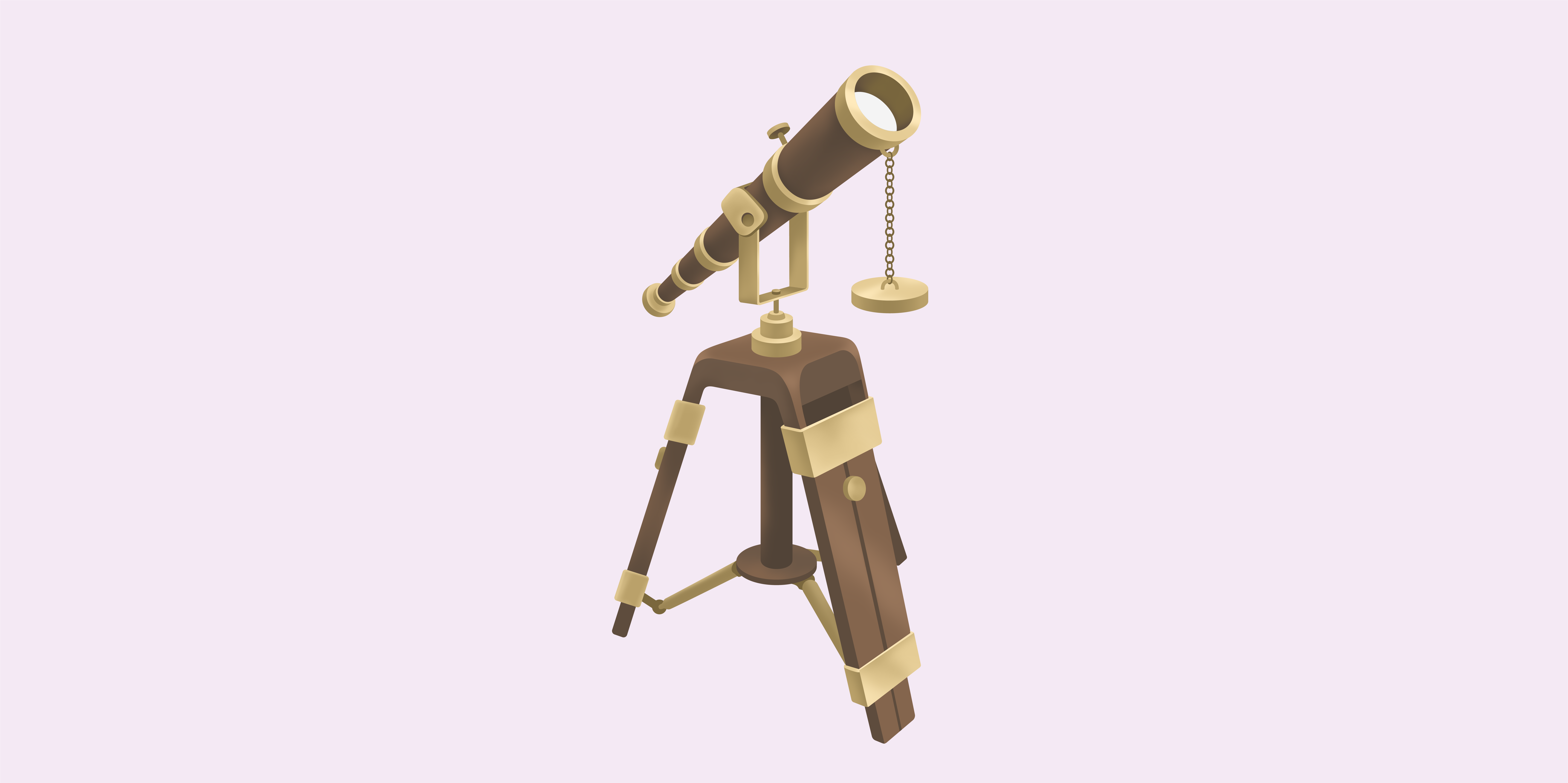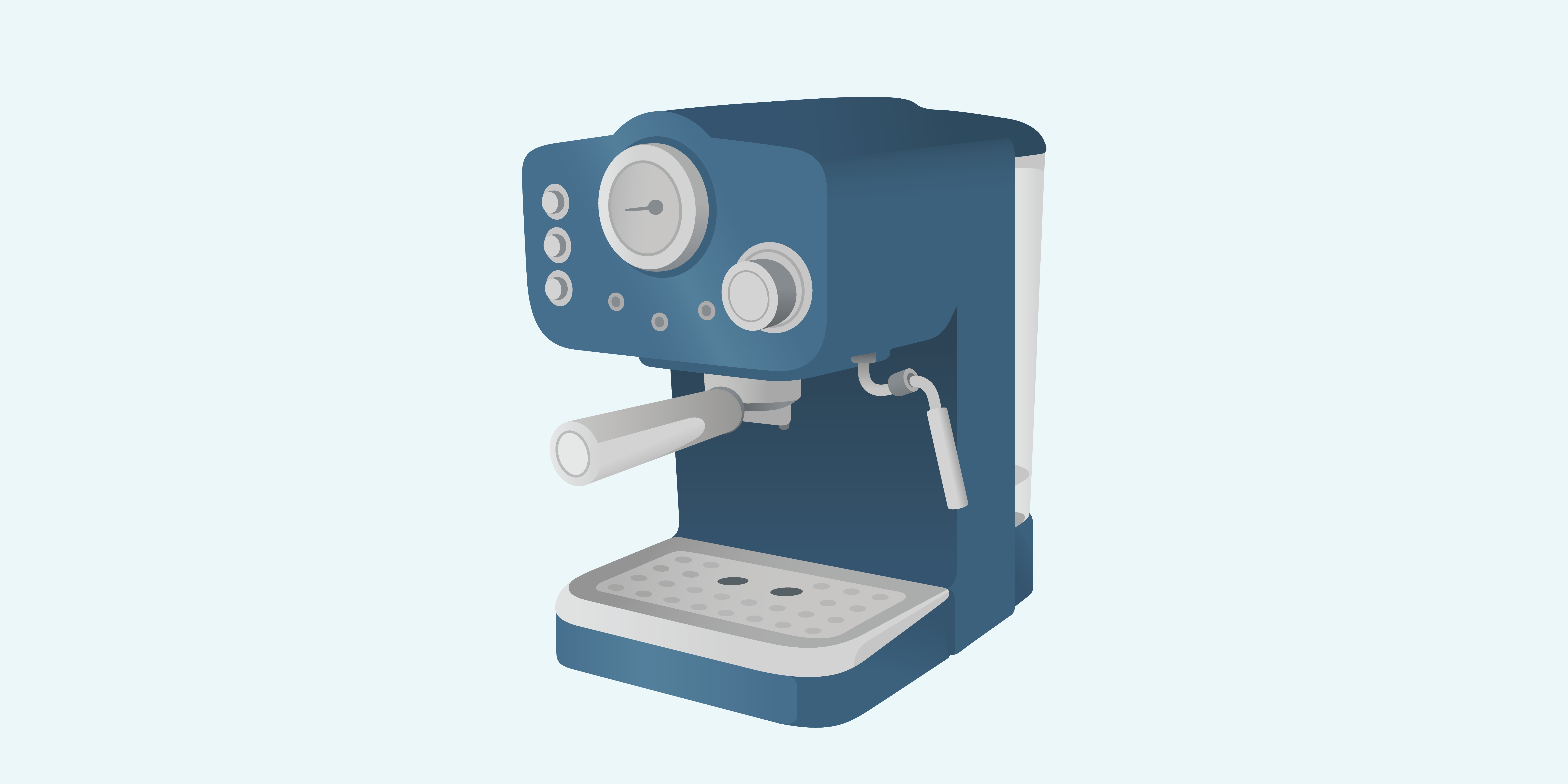Choosing a mortgage is a big decision. But just because it is doesn’t mean you need to take the first mortgage term option offered to you by a bank or other lender, experts say.
Choosing a mortgage is a big decision. But just because it is doesn’t mean you need to take the first mortgage term option offered to you by a bank or other lender, experts say.
“If a borrower is well qualified, she can choose from any prime lender in her lending area. That is often dozens of lenders, unless you’re in a small rural area,” says Rob McLister, mortgage strategist and editor at mortgagelogic.news.
Consider your offers
Often, your lender will send you a letter with an offer anywhere from four to six months prior to your renewal and it may be a standard five-year fixed rate mortgage. But you need to understand what’s going on in the market, shop around – and know what your mortgage needs are – before you sign on the dotted line.
“Try never to take the first offer. Use competing offers as leverage to negotiate a lower rate,” advised McLister.
“If you want the best deal and don’t know where to start, begin by comparing rates on rate comparison sites,” such as The Financial Post, ratehub.ca, or wowa.ca, he says.
Factor in your personal circumstances
Shannon Mayhew, a mortgage broker whose company is West Coast Broker based near Vancouver, says you need to think about your own personal circumstances – now and for the next few years – to determine what kind of mortgage is right for you. If you’re in a condo and plan to buy a larger place soon, or are planning to move for a job, you need to look at a shorter term mortgage or one that you can “port” or take with you to your next property. You may also want to look at a variable-rate mortgage with a lower prepayment penalty.
“We have initial conversations with clients and really just get to know them and what they’re looking to do,” to determine what the right mortgage product is, she says.
Shop around for mortgage terms and features
You can also take the offer your bank or lender presented to you to a mortgage broker who can help you determine if it’s a good offer and the right one for you, Mayhew adds.
“I do encourage clients to look around, look at your different options. They don’t have to stay with their current lender.”
While the interest rate you’ll pay is important, you also need to look at the other features of the mortgage to determine if they suit your needs, McLister says.
“Shop for mortgage features as much as the rate. For example, to the extent you may need them, look for flexible portability, flexible early refinancing rules, fair prepayment penalty calculations and reasonable prepayment privileges. You may also find a linked line of credit handy,” McLister adds.
You can have a mortgage term that ranges from one to 10 years, depending on your needs, and a mortgage can be fixed (where your payment doesn’t change), or variable (where your payment changes depending on where interest rates are).
Think about the bigger economic picture
In October, the Bank of Canada cut its overnight rate by half a percentage point to 3.75 per cent and suggested it could cut further as inflation continues to ease. The central bank’s overnight rate affects variable-rate mortgages directly and over time impacts yields on the bond market, which determine rates for fixed-rate mortgages. Overall, experts expect the central bank to continue to lower rates – as long as inflation stays steady or declines.
In addition to looking at where rates are headed, “you do have to think about the likelihood that you are still going to be in that home in five years,” says Ben Rabidoux, founder of Edge Realty Analytics Ltd. “Because there are often some penalties for breaking a mortgage early, particularly on the fixed side.”
Those penalties can be hefty – in the neighbourhood of tens of thousands of dollars – so you need to know if you’re staying put or not. If you aren’t, a shorter term mortgage might be a better bet. Right now, about two-thirds of new mortgages are three or four-year fixed-rate mortgages, Rabidoux says, while a few years ago about 70 per cent of mortgages were variable-rate mortgages.
“There’s a widespread, probably correct view that rates will be considerably lower in three years than they are currently,” he adds.
If you think the Bank of Canada will continue to cut rates aggressively, you could choose a variable-rate mortgage, he says “but again, you have to be comfortable with the fluctuations of those payments in both directions.”
Fixed vs. variable
You can also look for a variable-rate mortgage that allows you to lock in your rate or convert to a fixed rate at any time, adds Mayhew. “There are pros and cons to that too because nobody knows what the rates are going to do.”
If you have less flexibility in your budget, or are in a new job, Rabidoux advises homeowners choose a fixed-rate mortgage, so their payments are set. He also advises people get advice from a registered mortgage professional, who can help you navigate all the ins and outs of the market and the mortgage details.
Put your best (credit) foot forward
To best position yourself prior to negotiating your mortgage, ensure you keep your credit score high enough and have all your information in order, adds McLister.
“Keep your credit score above 720 and pay your bills on time, every time,” McLister says. “Make sure you can prove your income – with a job letter and pay stub if you’re salaried, or with two years of tax returns if you’re self-employed – assuming you want the best rates.”
In addition, if possible you want to keep your monthly financial obligations, which includes your mortgage payment, half of your condo fees, property taxes, heat and non-mortgage loan, credit and support payments under 44 per cent of your gross monthly income,” he advises.
Currently, “the overall trend for rates is down but that could change in 2025,” McLister says. “For example, (U.S. president-elect Donald) Trump’s policies could prove inflationary and create risk for bondholders. That could take yields and fixed rates higher.”
What’s happening in the U.S. matters because the two country’s economies are tied closely, particularly in relation to interest rates, he says.
“Note that U.S. rates are a key driver of Canadian rates given the economic linkages between our two countries. Specifically, U.S and Canadian five-year yields have a 0.95 long-term correlation.”
All of these economic and market impacts – as well as your personal circumstances – need to be accounted for when looking at what’s the best mortgage term for you.





